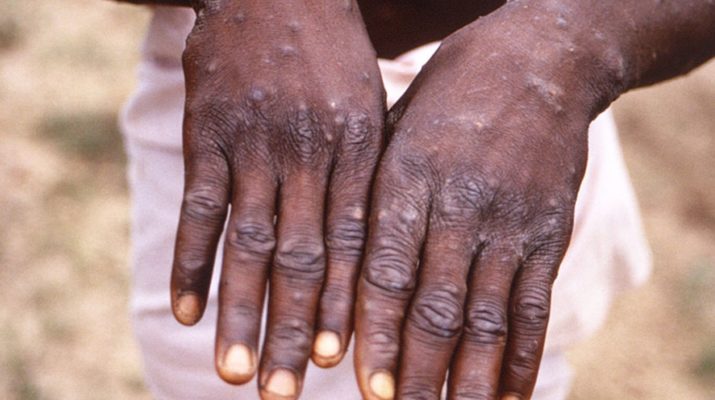By Debra Rono
Dr. Patrick Amoth has provided significant insights regarding Kenya’s approach to managing Mpox.
As the acting Director General for Health within the Ministry of Health, he stated that the distribution of Mpox vaccines will be determined by the disease burden present in each country.
During the transition of the health portfolio from former Cabinet Secretary Susan Nakhukicha to the new Cabinet Secretary, Debora Barasa, Dr. Amoth highlighted that Kenya is currently in Phase 1 of its Mpox management strategy, with fewer than 99 reported cases.
“Mpox is endemic in Nigeria, unlike Kenya where we reported the first case this year. This means the burden of diseases is greater in Nigeria and therefore the allocation of the vaccine will be based on the burden of disease.” He noted.
The Vice President of the Executive Board of the World Health Organization (WHO) further elaborated that there are three stages in the Mpox response framework: Stage 1 for countries with fewer than 99 cases, Stage 2 for those with 100 to 1,000 cases, and Stage 3 for nations with over 1,000 cases of Mpox.
In contrast to Nigeria’s more severe disease burden, Kenya’s lower incidence necessitates a focus on effective infection prevention strategies rather than immediate vaccination efforts.
“For now vaccine is not the immediate response in Kenya, we need to put in place infection prevention measures as the main control of Mpox.” Dr. Amoth stated.
He also indicated that should there be an increase in cases, vaccination would be considered a vital control measure.
“If there is a surge in the cases reported then the use of vaccines will be considered at that particular time,” Dr. Amoth remarked.
Additionally, Dr. Amoth conveyed important information regarding future vaccine distribution.
The Africa CDC has announced that the continent is expected to receive 10 million doses of Mpox vaccines, with Kenya likely to obtain a share of this supply if necessary.
This strategy reflects Kenya’s dedication to proactive disease management while ensuring readiness to respond effectively should circumstances evolve.
Since January 1, 2024, the Mpox outbreak has impacted 13 countries across Africa, with a total of 18,737 reported cases, comprising 3,101 confirmed and 16,636 suspected cases, alongside 541 fatalities. The nations that have documented cases include Burundi, Cameroon, the Central African Republic (CAR), Congo, Côte d’Ivoire, the Democratic Republic of the Congo (DRC), Ghana, Kenya, Liberia, Nigeria, Rwanda, South Africa, and Uganda.

